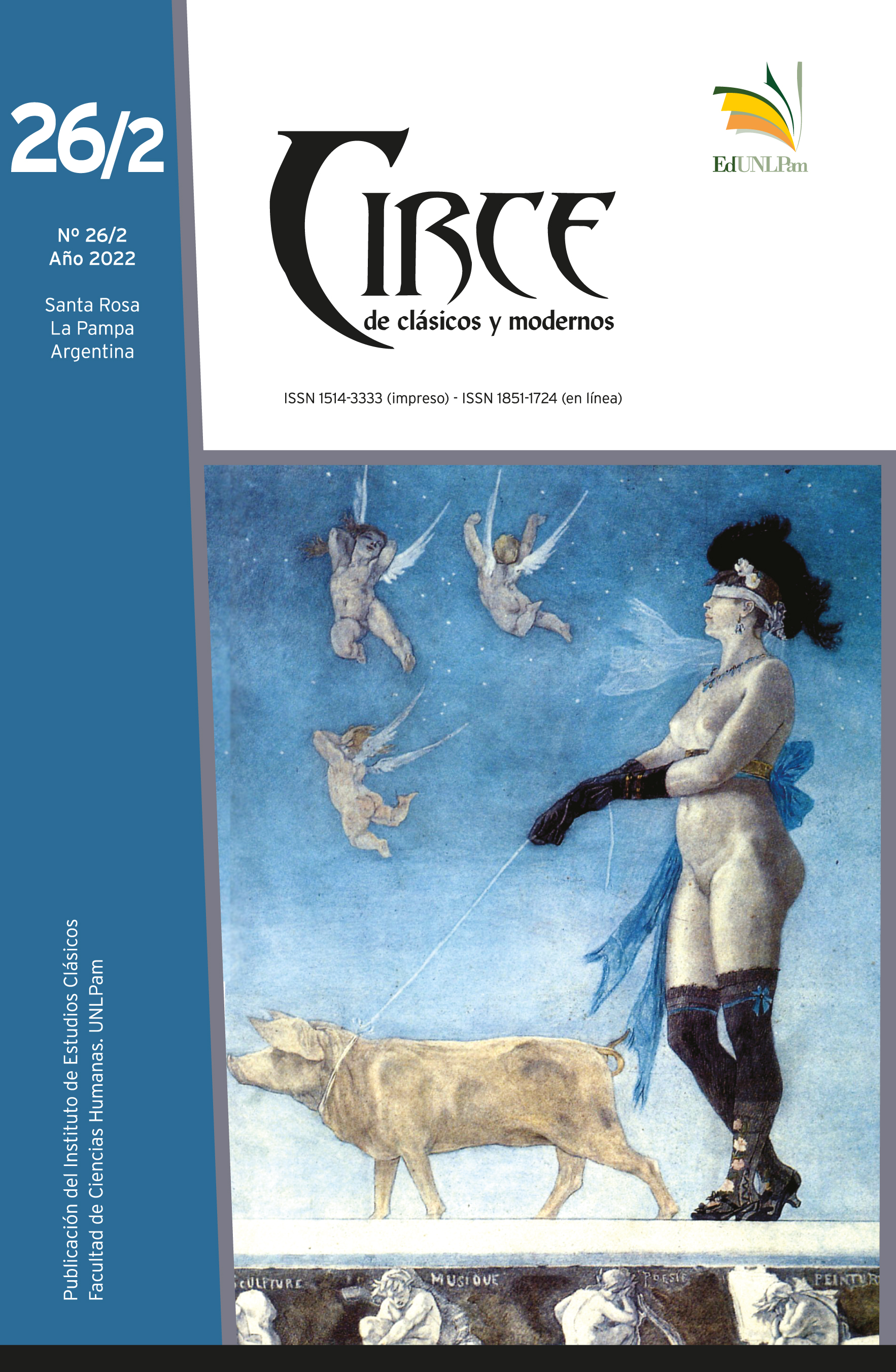Emotion and Virtue in Xenophon
Keywords:
emotion, virtue, anger, Xenophon, despondencyAbstract
This work distinguishes between three types of psychological experience: desires that are stimulated by pleasure; emotions such as anger, gratitude, shame, and also fear, which involve valuations, whether pragmatic or ethical; and despondency or athumia, which is induced by a sense of helplessness and aporia. The first of these is governed by self-control, enkrateia or sôphrosunê, as the corresponding virtue. Emotions are subject to a different psychic mechanism, involving a proper evaluation of the conditions that provoke them. Finally, despondency or athumia constitutes yet another category, as a state of passivity, of loss of agency.
Downloads
Downloads
Published
Issue
Section
License
Los autores que tengan publicaciones con esta revista, aceptan los términos siguientes referidos a los derechos de autor/a:
1. Los autores/as conservarán sus derechos de autor y garantizarán a la revista el derecho de primera publicación de su obra, el cuál estará simultáneamente sujeto a la Licencia de reconocimiento de Licencia Creative Commons Atribución-NoComercial-CompartirIgual 4.0 Internacional (http://creativecommons.org/licenses/by-nc-sa/4.0/). que permite a terceros compartir la obra siempre que se indique su autor y su primera publicación esta revista. El autor es el titular del copyright.
2. Los autores/as podrán adoptar otros acuerdos de licencia no exclusiva de distribución de la versión de la obra publicada (postprint) siempre que se indique la publicación inicial en esta revista. La cesión de derechos no exclusivos implica también la autorización por parte de los autores para que el trabajo sea depositado en el repositorio institucional y difundido a través de las bases de datos que el editor considere adecuadas para su indización, con miras a incrementar la visibilidad de la publicación y de sus autores.
3. Se permite y recomienda a los autores/as difundir su obra a través de Internet antes y durante el proceso de envío, lo cual puede producir intercambios interesantes y aumentar las citas de la obra publicada.







.jpg)









2.png)



